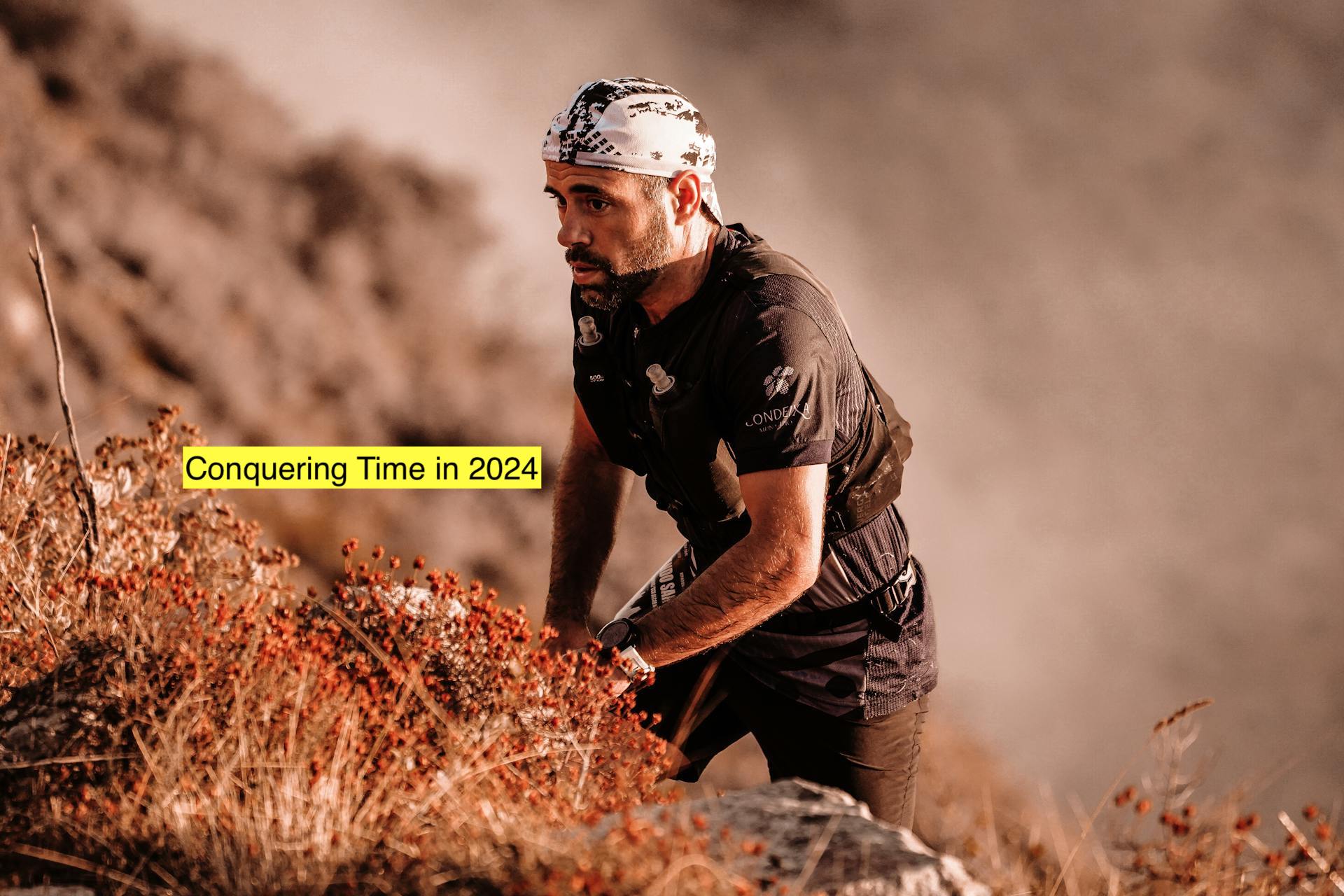

We tend to treat procrastination as an enemy. The Lex Luther to our Superman, so to speak. We call it laziness, lack of discipline, or even a personal failing. So it’s not surprising productivity experts offer hacks to “beat” it, as well as apps to block distractions and morning routines to combat it. Even so, procrastination persists in our lives despite our best efforts.
But what if procrastination isn’t just an unhealthy habit? What if it’s actually an important message that you shouldn’t ignore?
Reframing procrastination does not excuse it. It means recognizing that the urge to delay work is not always a sign of weakness. It’s often a sign of your mental health, your relationship with the task at hand, or your priorities. When you shift from judgment to curiosity, you will discover what procrastination is really trying to say to you. And, even better, you can address the underlying causes rather than just the symptoms.
So, let’s tackle procrastination and use it not as a roadblock, but as a tool for better work.
1. Procrastination as a signal of misalignment.
In many cases, procrastination is caused by misalignment between our values and the work before us. You may be delaying a project because it feels meaningless, outdated, or disconnected from your real passion.
For example, an employee who constantly puts off filling out reports might not be disorganized, but they may simply feel that they don’t add value. If a student avoids a paper, it might not just be due to laziness. They could have questions about how this assignment will benefit their long-term goals.
What to do:
- Ask yourself: “Does this task actually matter to me?” If the answer is no, you might want to rethink your reasons for taking on the task.
- Whenever possible, connect the need to fill out reports to a larger “why.” Filling out reports might enable your team to make better decisions. By writing a paper, you can develop your critical thinking abilities.
When you see procrastination as a sign of misalignment, you can either realign the task with your goals or minimize its weight in your schedule.
2. Procrastination as fear in disguise.
Often, procrastination is a reaction to fear, whether that be of failure, judgment, or even success. If you start a big project, for instance, you run the risk of not being good enough. By delaying, you create a safety net: if you fail, you can blame lack of time instead of incompetence.
In particular, high achievers are prone to this. The reason? When the task is related to something you are deeply passionate about, fear is likely to appear. It’s for this reason that people procrastinate more on passion projects than on routine tasks.
What to do:
- Determine the root cause of the delay by identifying the fear. You can do this by asking: “What am I afraid will happen if I start this?”
- You can also break the cycle by achieving small wins. Consider writing one paragraph, sketching one outline, or making one call instead of tackling the entire project. In contrast to overthinking, action reduces fear more effectively.
If you frame procrastination as a fear response, you can respond with self-compassion and practical steps in lieu of harsh criticism of yourself.
3. Procrastination as a need for rest.
Occasionally, procrastination is the body and mind’s cry for rest. It’s a survival mechanism to avoid stressful situations when you’re mentally drained or emotionally overwhelmed. Trying to force productivity when you’re depleted will only lead to burnout.
Willpower is not infinite, according to research. In other words, procrastination may be your brain’s way of telling you: I need a break before I can concentrate. Maybe you have been making decisions, solving problems, or juggling tasks all day.
What to do:
- Schedule intentional rest into your day. You can recharge your energy with a short break, exercise, or even a nap.
- Differentiate between restful rest (walking, reading, meditating) and numbing distractions (scrolling endlessly). The first restores; the second extends.
In this case, procrastination is a signal to treat yourself like a human, not a machine.
4. Procrastination as perfectionism.
Procrastination is often confused with discipline by perfectionists. Until every condition is “just right,” they will delay starting — the perfect idea, the perfect setting, the perfect mood. The problem is that they avoid real progress by waiting for the perfect moment.
The irony? Despite appearing to strive for excellence — perfectionism often results in less getting accomplished. When perfectionists avoid imperfection, they miss opportunities to learn, iterate, and grow.
What to do:
- For a first draft or initial effort, set “good enough” standards. Also, remind yourself: “Done is better than perfect.”
- Set a time limit of 30 minutes, regardless of outcome, and commit to working on the task during that time. As a result, the pressure to produce a flawless product is reduced.
By reframing procrastination as perfectionism, you will be able to shift from an impossible standard to a steady, imperfect process.
5. Procrastination as a call for clarity.
When we procrastinate, it’s not because we fear or dislike the task, but because we don’t fully understand it. In situations where the tasks or goals are unclear or when there is no clear direction, friction occurs. And, we tend to avoid starting something when we are uncertain of how to finish it.
For Example, “Write the article” seems more daunting than “Draft an outline with three main points.” After all, ambiguity can lead to delayed activities.
What to do:
- Break down big tasks into clear next steps. In place of “launch campaign,” consider rephrasing to “create subject line options” or “schedule design meeting.”
- Whenever instructions are unclear, seek clarification before proceeding.
Procrastination, in this context, is not laziness, but confusion disguised as avoidance.
6. Procrastination as resistance to external pressure.
Whenever we feel forced, we also procrastinate. As humans, we naturally resist control, and we delay tasks that seem imposed. As a result of deadlines, rules, or authority figures, this “psychological reactance” may occur.
Despite this, even self-imposed deadlines can trigger resistance if they feel like pressure rather than a choice.
What to do:
- Change the perspective of the task by framing it as a choice. Instead of “I have to finish this today,” try “ I chose to work on this today because it helps me reach my goals.”
- You should also build autonomy into your workflow.
In other words, give yourself options in how or when to complete the work.
As you change your perspective on procrastination, you will be able to move away from rebellion toward ownership.
7. Procrastination as a creative incubator.
Procrastination is not always harmful. In some cases, delaying a task allows ideas to percolate quietly in the background. This is called “incubation” by psychologists — when you step away from actively solving problems, your subconscious continues to work, sometimes resulting in breakthroughs.
This is a common experience for writers, artists, and innovators. Despite what seems like procrastination, there may be creative processing going on behind the scenes.
What to do:
- Make a distinction between passive delay (mindless scrolling) and active incubation (step away to think or gather inspiration).
- Set boundaries so that incubation does not turn into endless avoidance. You could, for instance, give yourself a return date: I’ll revisit this idea tomorrow morning.
By this definition, procrastination has less to do with avoidance and more to do with timing.
8. Procrastination as feedback on workload.
When you procrastinate repeatedly, it can simply be a sign that you’re overwhelmed. Overwhelm occurs if every task feels urgent, important, and heavy. Here, procrastination isn’t about avoiding one task — it’s about not choosing between them.
What to do:
- Audit your commitments by asking: What can I delegate, defer, or delete?
- To distinguish between what really matters and what only seems urgent, use tools like the Eisenhower Matrix.
In instances of procrastination caused by overload, better boundaries are the solution rather than more discipline.
Turning Procrastination into a Guide
Curiosity is the key to reframing procrastination. Rather than asking, Why am I so lazy? ask;
- What is this delay telling me?
- Is it fear, fatigue, misalignment, or confusion?
- How can I adjust my approach instead of forcing myself through brute willpower?
When you interpret procrastination as information, you gain insight into your work habits, values, and well-being. Suddenly, it’s no longer an enemy, but a guide.
Practical Steps to Reframe Procrastination
To implement this, try these steps:
- Notice patterns. Keep track of when and where you procrastinate. Does it happen with specific tasks or at certain times of the day?
- Name the reason. You can label procrastination in a variety of ways, such as fear, perfectionism, misalignment, or rest. By naming it, you reduce shame and increase clarity.
- Respond, don’t react. Identify the root cause and choose a response that addresses it. Take a small step if you’re afraid. When it comes to rest, take a break. Whenever there is confusion, seek clarity.
- Experiment with strategies. Depending on the situation, not every approach will work. Until you find the right reframing tool, try out different approaches.
Conclusion: Procrastination as a Mirror
There is more to procrastination than wasted time. It is a mirror that reflects our behavior. In addition to reflecting your fears and energy levels, it represents your values and how you relate to your work. As a result of reframing it, you can stop fighting yourself and start learning from yourself.
When you find yourself putting something off, resist the urge to shame yourself. Instead, pause and ask: What is this really telling me?
If you get the right answer, you’ll gain more than just motivation-you’ll gain insights as well. By gaining insight, you’ll be able to not only do the right work, but do it at the right time, in the right way.
Image Credit: Brett Sayles; Pexels











Deanna Ritchie
Editor-in-Chief at Calendar. Former Editor-in-Chief, ReadWrite, Editor-in-Chief and writer at Startup Grind. Freelance editor at Entrepreneur.com. Deanna loves to help build startups, and guide them to discover the business value of their online content and social media marketing.